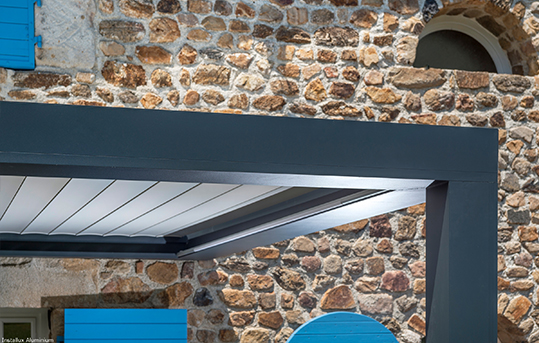Properties and composition of aluminium alloys
Over the years, industry has created aluminium alloys that enable us to exploit these unique characteristics to their best advantage. Let’s review the properties and composition of these aluminium alloys that make our lives so much easier.
A fully recyclable material in everyday use
Nowadays very common, aluminium is nonetheless the result of relatively recent discoveries. While iron, gold, copper or silver were known of long before antiquity, aluminium only really started being used in the second half of the 19th century. Only state-of-the-art techniques at the time enabled aluminium to become something other than a luxury metal for jewellers.
Nowadays, aluminium is a mass-produced product. Indeed it is the second most widely used metal in industry after steel. But despite this, it can still be considered a noble material. It is virtually 100% recyclable. Its re-use requires only a fraction of the energy required for its primary production, with no loss of quality. This is why it is used for environmentally responsible projects, particularly demanding with regard to quality. Like glass, aluminium is recycled by a simple melting process. Recycled aluminium can easily be mixed with primary aluminium in finished products. So as and when waste is reprocessed, aluminium can be recycled virtually ad infinitum.
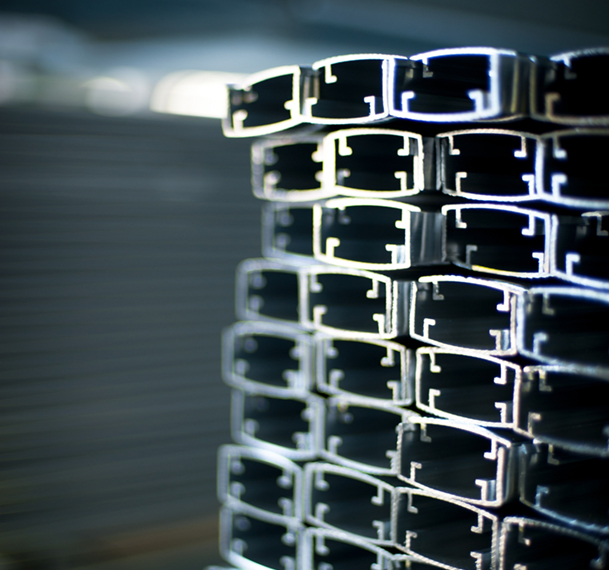
Alloys fit for multiple purposes
To optimize the properties of aluminium, it is often used in the form of an alloy rather than in pure form. In the smelting plant, it is combined with other metals in small quantities to reinforce some of their properties. Each metal incorporated into the alloy offers unique properties:

Magnesium improves corrosion resistance, even in extreme environments.

Silicon is ideal for making the alloy more malleable in the smelting plant.
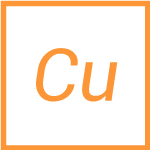
Copper for its part makes aluminium harder.
Alloys are devised and selected according to each specific use. Each industry uses its own standard alloys. The major advantage of aluminium is that it forms the basis for alloys that meet the most demanding requirements in terms of resistance to deformation, safety or strength.
That accounts for its increasingly widespread use in the aeronautics and space industry, in the automotive industry or in building and public works. With so many different alloys, it is possible to exploit all the fascinating properties of aluminium to their best advantage.
Naturally, if aluminium has been the subject of so much research for its mass production, for creating reference alloys and then for its recycling, it is because it offers unique qualities for such a light metal. To go further, discover facts ands figures about aluminium.
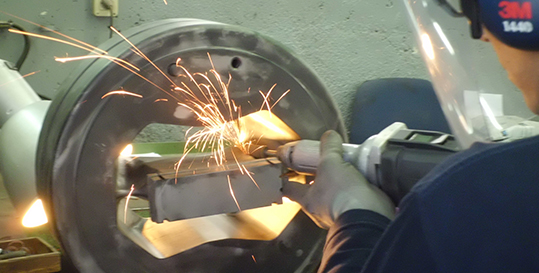
A particularly light and malleable material
On earth, aluminium is one of the lightest metals used in industry. Its density is roughly one third of that of steel or copper. But lightness is not everything. There are many light materials, but they are often fragile or brittle. Thankfully, this is not at all the case for aluminium.
On the contrary, it is particularly malleable, easy to melt and mould. It is also remarkably easy to work at low temperature. Through suitable industrial processes, it can be deformed and modelled without breaking.
These properties make aluminium a very practical material for designing and installing robust, light and made-to-measure equipment. This is more particularly the case in the building industry, where aluminium is used in the design of joinery, structures for conservatories, house extensions or bay windows.
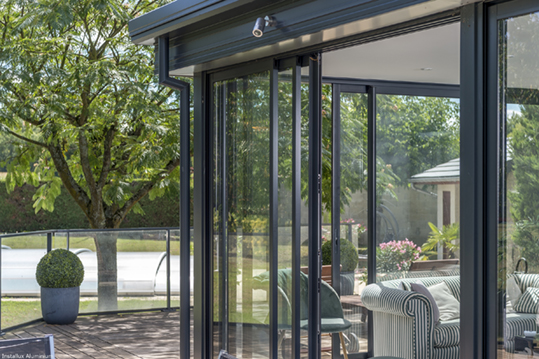
Strong enough to resist anything
Albeit light and malleable, aluminium is particularly strong. It is often very surprising to see how a very light structure can bear several times its own weight and withstand very severe mechanical and environmental stresses.
Incomparable mechanical strength for the most demanding uses
Depending on the alloys, aluminium offers extraordinary mechanical strength. That is why it is used in the structure of jumbo jets, or for certain massive pieces of equipment on giant liners for instance.
This mechanical strength also serves as the basis for making huge glazed structures, which are increasingly used in modern architecture. On full-height façades of several storeys, aluminium sections serve as frames for complex heavy glazed panels without yielding or losing shape.
A deformation-resistant material
Aluminium’s resistance to deformation is inestimable. Not only does it offer a high level of safety, more particularly in building and public works, it is also a guarantee of durability.
As it does not lose its shape either in frost or in extreme heat, it does not suffer premature ageing, as was the case in the past with wrought iron for instance. It thus offers optimal weatherproofing conditions in all circumstances. A very practical property both in the building industry and in the aeronautical, shipbuilding or motor industry.

Did you know?
Aluminium is also a much better electrical conductor than copper, while being three times lighter than it. Aluminium has been gradually replacing the copper in electrical networks for several years now, offering better performance and a lighter infrastructure.
Aluminium, a guarantee for your safety
Strong and durable, aluminium is a forceful ally to guarantee the safety of its user. Whether used in the automotive, aeronautics or construction industry, aluminium offers great robustness against all types of stress:

■ Its fire resistance is excellent: it easily withstands common domestic fires. Better still, it does not release any toxic vapours, even at high temperatures.

■ It is corrosion-proof: in normal operating conditions, aluminium just does not rust. This metal naturally produces a layer of oxide that prevents it corroding and thus deteriorating. This property can be further reinforced with many alloys and treatments.

■ It easily lends itself to the most advanced safety features: deformation-resistant and totally impermeable, aluminium protects against any intrusions. It is even suitable for making controlled atmosphere parts.
The insulating properties of aluminium
Aluminium naturally conducts heat, but it also reflects it. These apparently contradictory properties can be intelligently put to good use in made-to-measure aluminium sections.
The latter may also contain inert gases or insulating materials to improve their performance. With all these different alloys, multiple forms of sections and possibly integrated insulating materials, aluminium lends itself perfectly to the most stringent heat and acoustic insulation requirements.
Conversely, its ability to reflect heat is why aluminium is used in a great many solar protection devices. Depending on its form and chosen colour, aluminium is thus the ideal material for pergolas, shutters, roller blinds or garage roofs, for instance. To learn more about the innovations of aluminium, visit our dedicated page.
